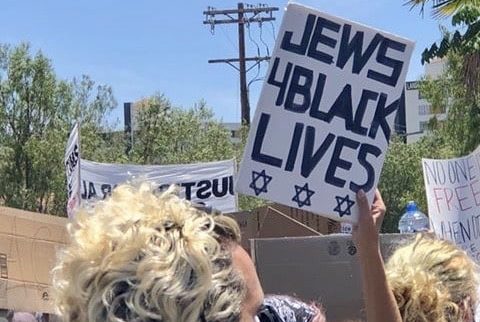
I was at the riots in downtown Los Angeles on Saturday. So much important work was done that day. So much went right—and then there were the things that went terribly wrong. For many Jews, the worst news of the day was vandalism against a number of synagogues and other identifiably-Jewish targets. These scenes are so historically familiar and so clearly dangerous.
If there is one thing that I want to broader Jewish community to know about these riots it is this: There is a remarkably complex set of actors and stakeholders on the ground, and most of them are our natural partners and allies in liberation, not people to be feared.
Let me tell you what I saw.
There is a remarkably complex set of actors and stakeholders on the ground, and most of them are our natural partners and allies in liberation, not people to be feared.
I passed by Congregation Beth Israel around 5 p.m. on Saturday May 30. By then, the riots had already begun. As I approached the synagogue, I prayed that it would be unharmed. It was. All around it, buildings had been tagged with graffiti and windows had been broken. But people had known to leave the synagogue untouched. Sometime later that day or night, that changed.
I saw white protesters escalating in ways that were unwise and unhelpful. Black protesters bemoaned: “It’s always the white people who start sh*t, but you won’t be the ones who get shot over it.” I have heard second hand that this was also the way in which at least one synagogue came to be tagged.
Most of that day I wore a kippah and my friend carried a “Jews for Black Lives” sign. Everyone was supportive. Not once was I made to feel unsafe as I walked among people who burned police cars and shattered storefronts.
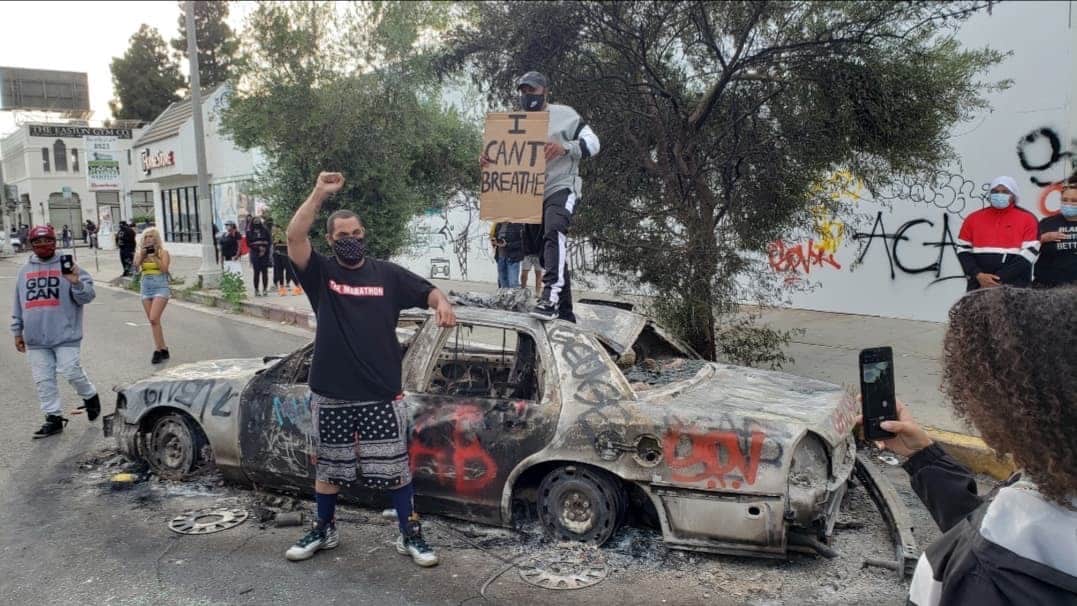
No, I didn’t riot or loot. I have no temptation to do so. I have enough money and I have never been the personal target of police brutality. That’s a privilege that I have. For those who don’t have that privilege, I respect what these acts mean to them.
In 1967, Dr. King spoke of what motivates a person to loot: “Alienated from society and knowing that this society cherishes property above people, he is shocking it by abusing property rights.”
As frightful as that reality may be to those of us who benefit from the American concept of property rights, we cannot deny that this is a natural response to a system that has made it impossible for communities of color to liberate themselves by peaceful means. After five centuries of unfathomable subjugation — most especially of the native and black communities — one would think that our society would recognize their undisputed moral authority to call attention to their own oppression. And yet, four white police officers in Minneapolis couldn’t even summon the decency to listen to the words, “I can’t breathe.”
George Floyd was lynched at the hands of police. For days, the American media and the white community equivocated. It was only when riots gripped the nation that consensus began to form around his death. Make no mistake: This consensus was a response to the riots. It took the form of, “I agree with the protests, but the riots have to stop.”
The irony of it is, this proves just how effective the riots have been at shifting the center of gravity of the national consciousness.
The irony of it is, this proves just how effective the riots have been at shifting the center of gravity of the national consciousness. Dr. King was right: Our society is prepared to pay lip service to human lives in order to protect property.
Now the Jewish community is perplexed, as we try to find our own place in this much larger struggle.
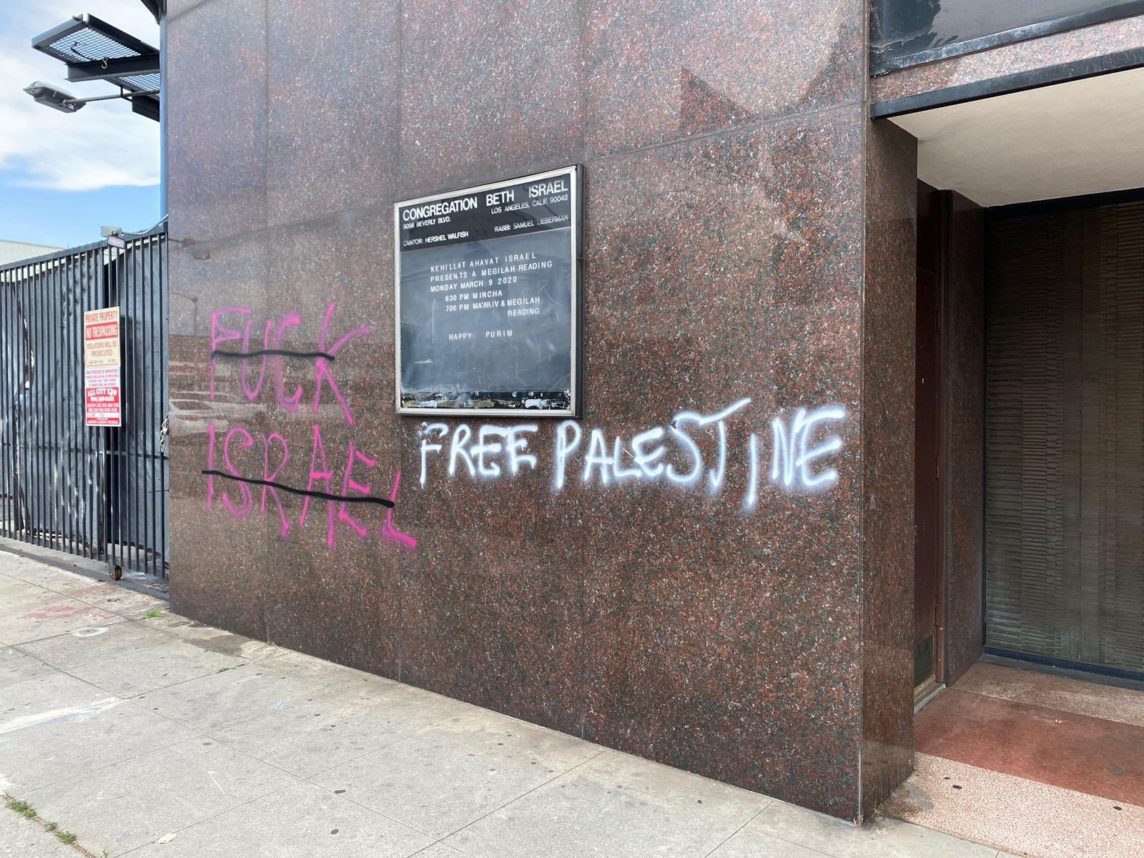
The safety of our houses of worship is entirely connected with the alignment of our community on the right side of this issue and of history. We cannot expect others to honor our intergenerational traumas if we do not appreciate their contemporary ones. At this moment, it is crucial for white Jews to humbly listen to the voices of black Jews and other Jews of color.
It is also important to recognize our own role as a historically persecuted and vulnerable people, wherein we find common cause with the black community. Let us not forget that our ancestors, for thousands of years, were arbitrarily persecuted by the powers that be — including law enforcement.
It has been tragically common to see the Jewish and black communities divided against one another. On Sunday May 31, I saw a picture that pained me. I do not know the full story, but the optics were that a predominantly white and highly militarized police force used heavy handed tactics to protect a synagogue from a predominantly black crowd. Such images do our community no favors.
This is the time for action and unity. Already, young Angeleno Jews are mobilizing to form Jews for Black Lives, an organization that will work for racial justice in a way that honors Jewish history, tradition, and contemporary practice.
Will you heed the call?
Yonathan Reches lives in El Segundo and is a member of the IKAR community in Los Angeles. This article does not necessarily represent the views of IKAR.






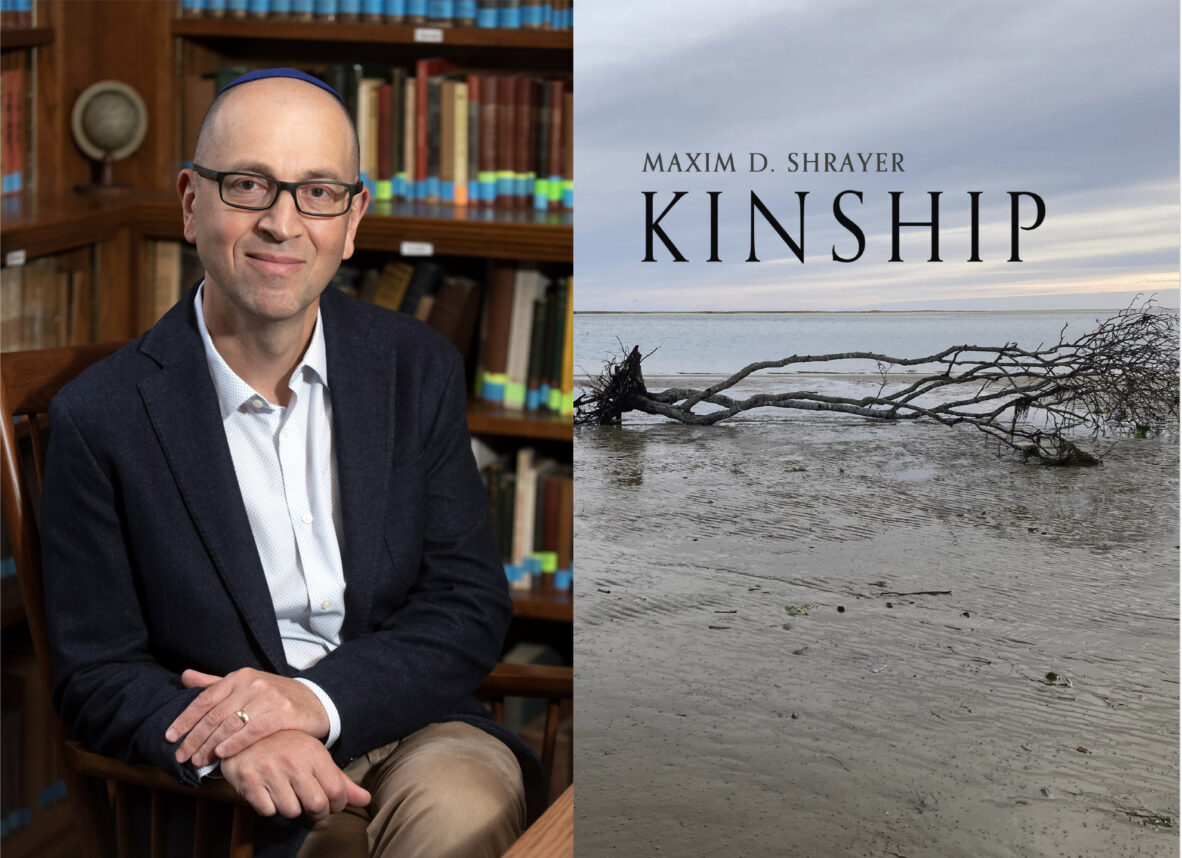
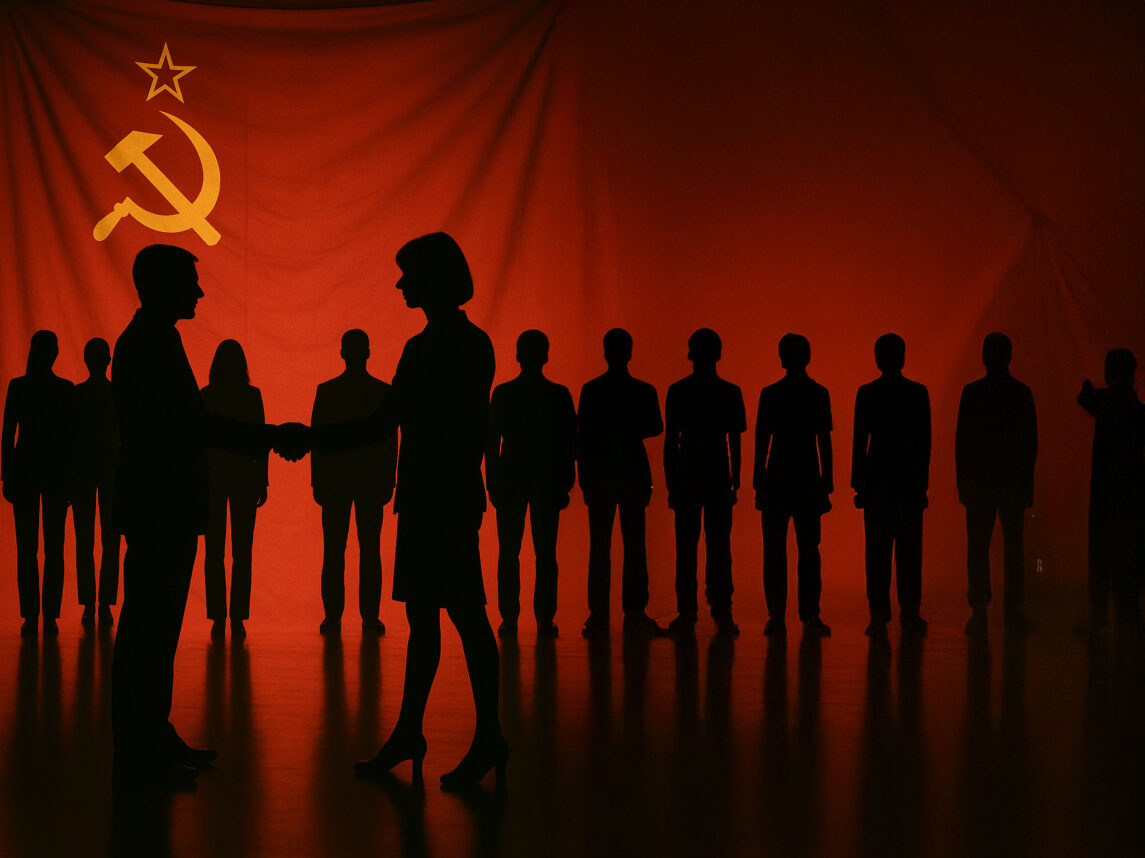
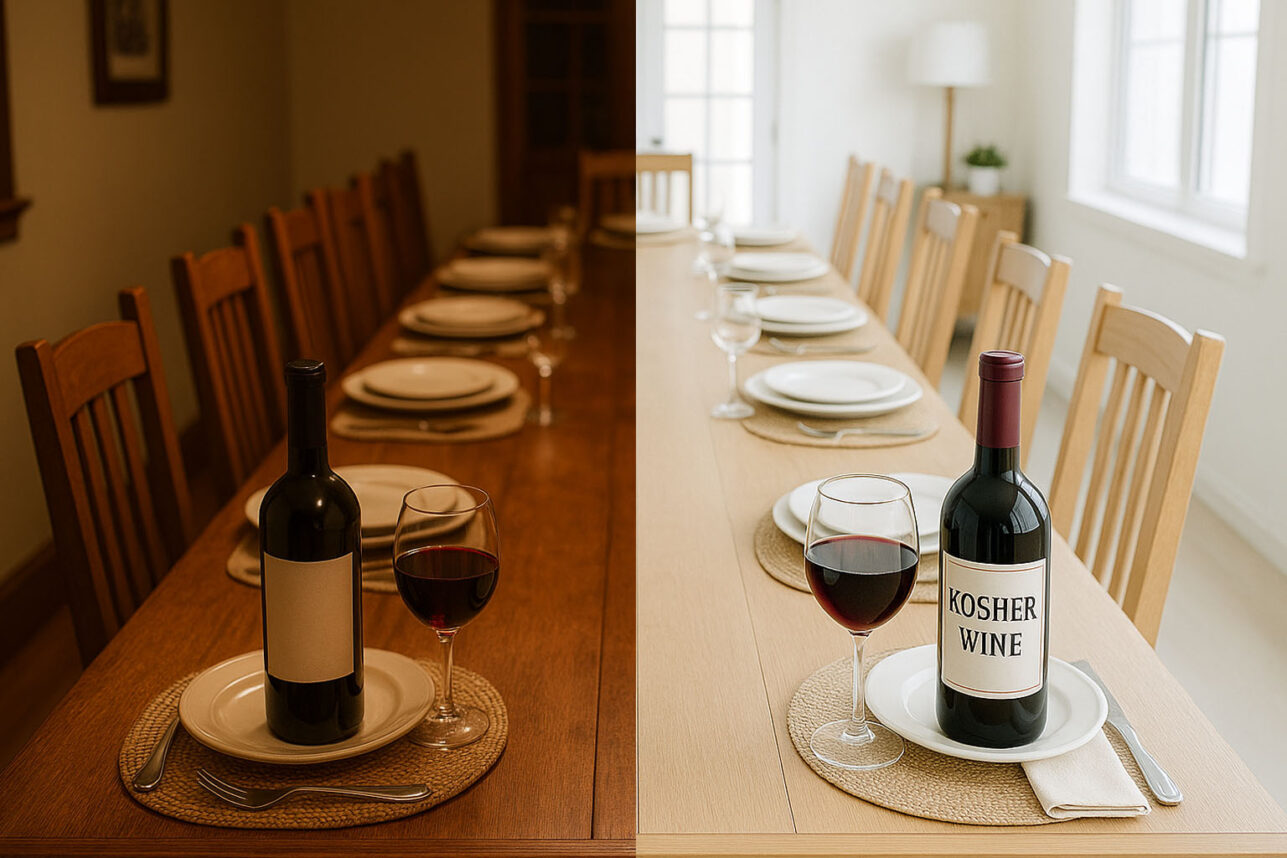
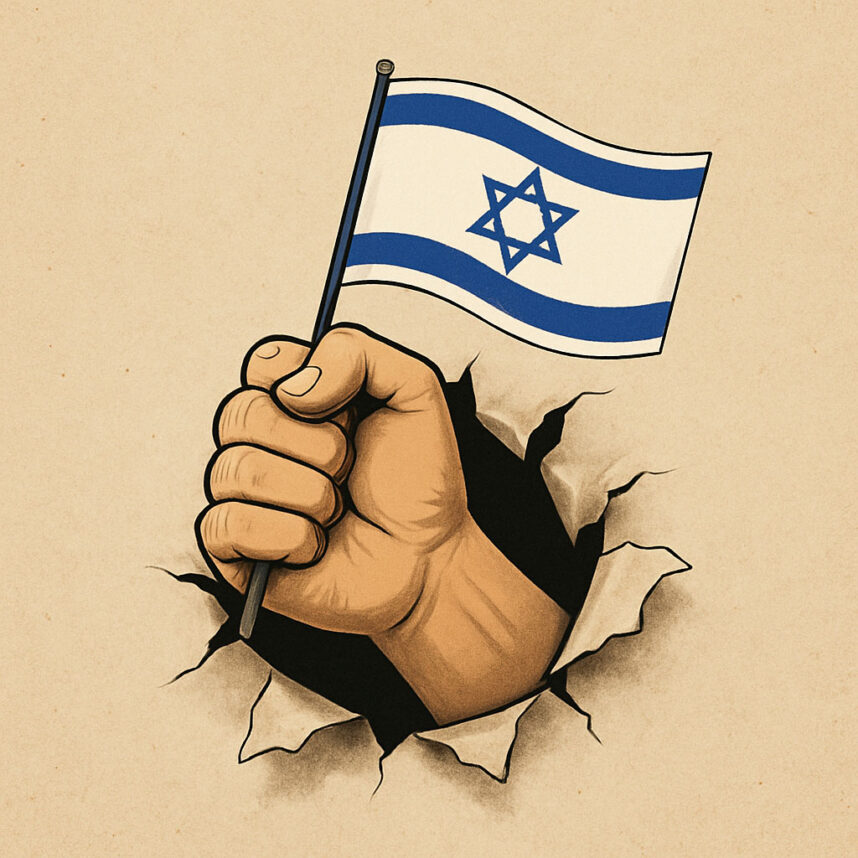
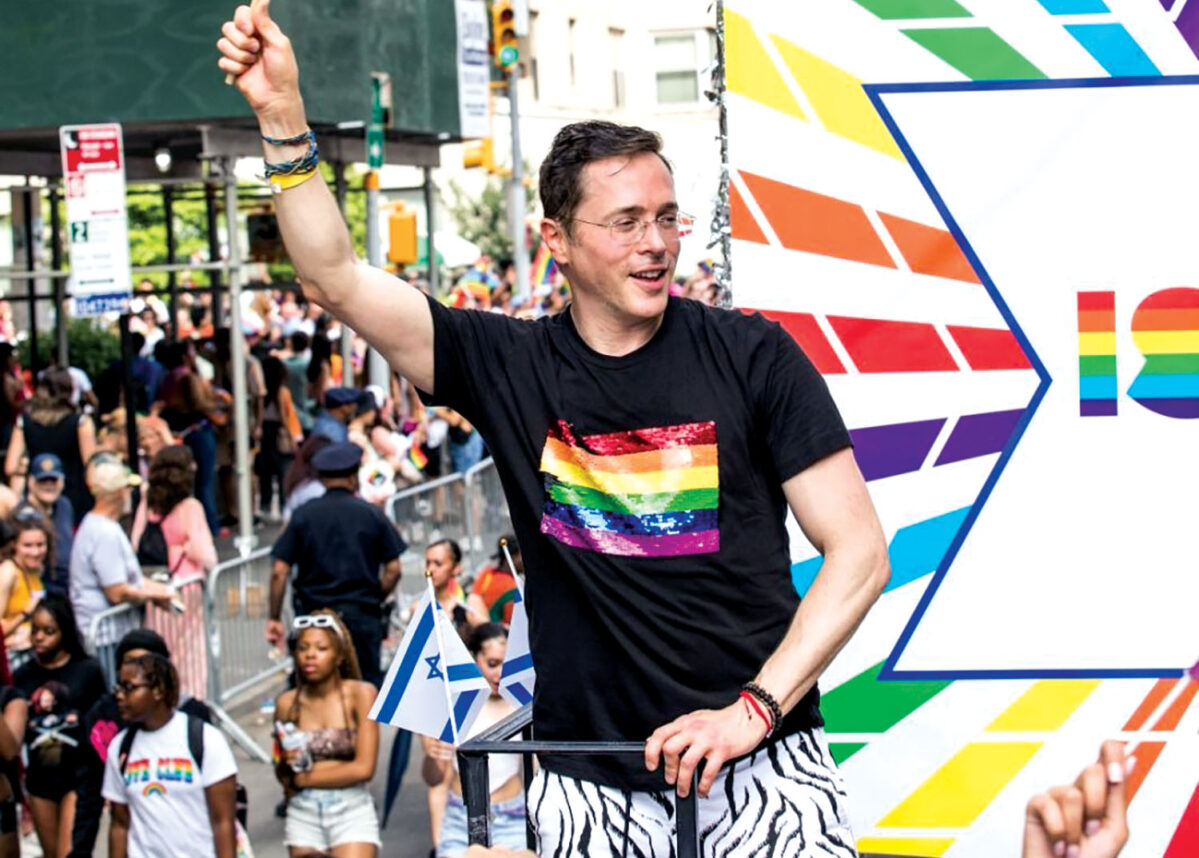
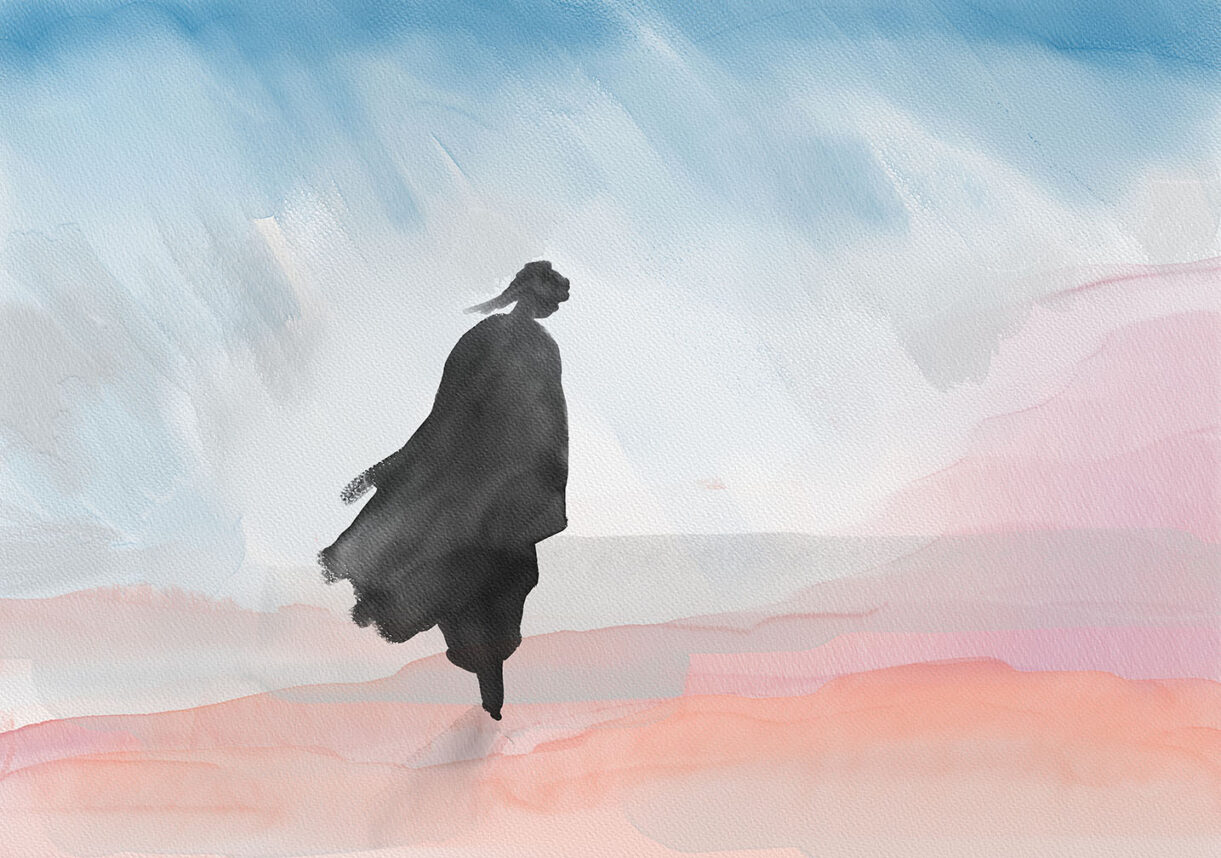
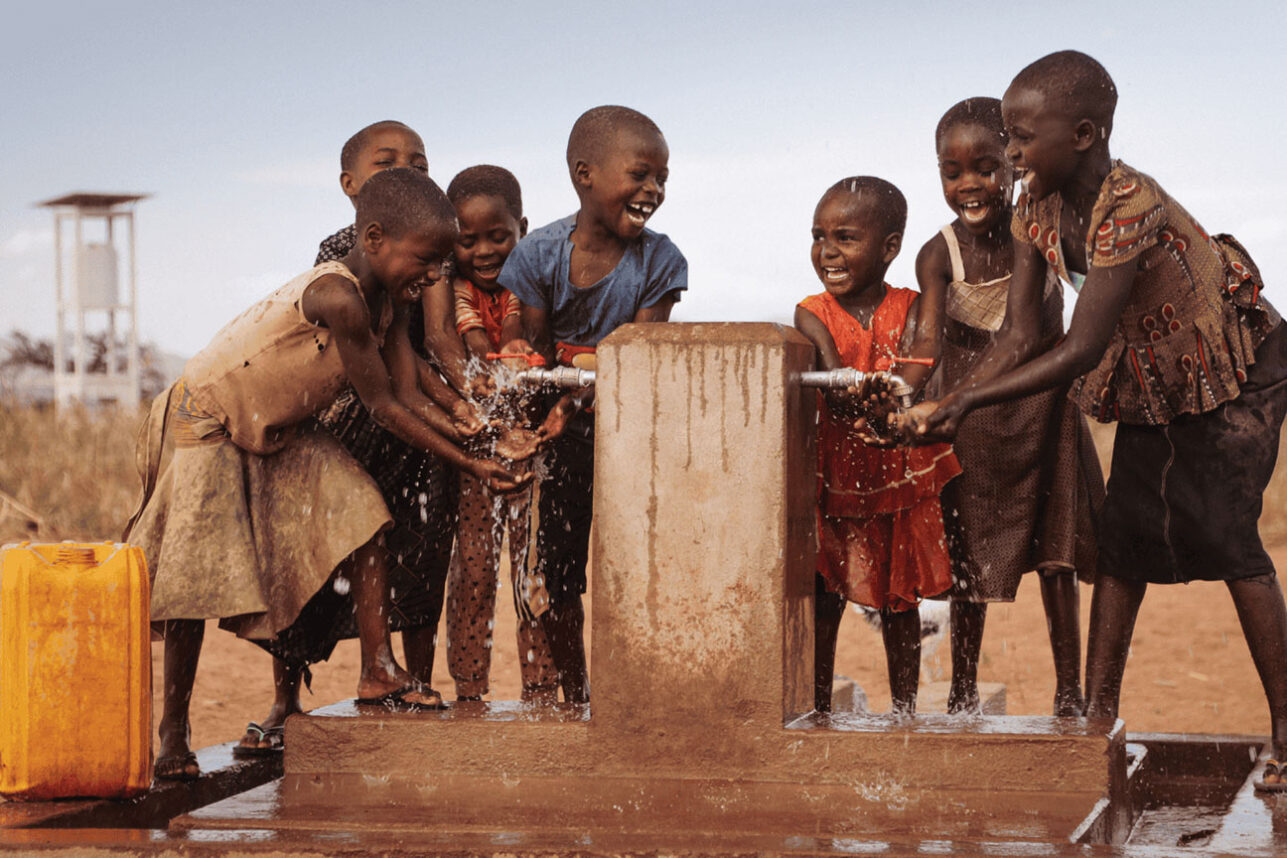
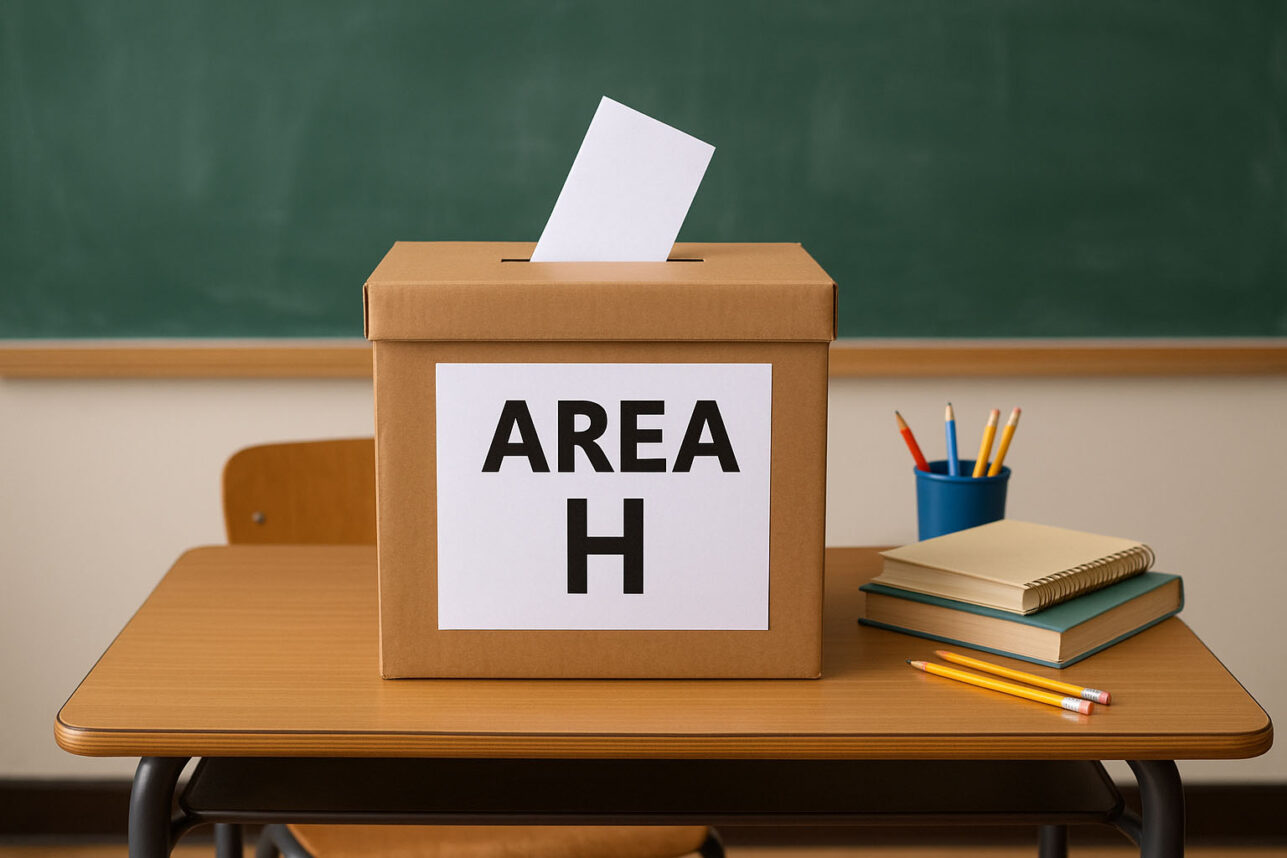
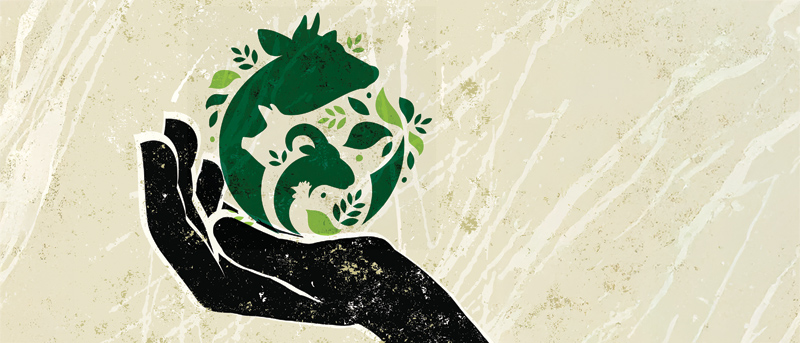
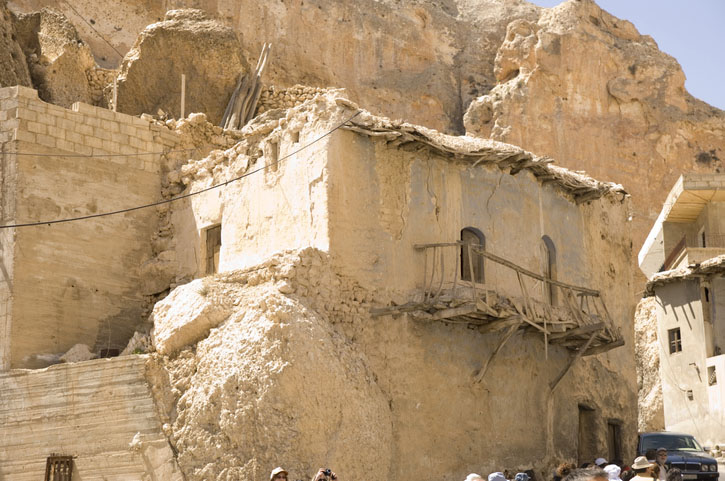




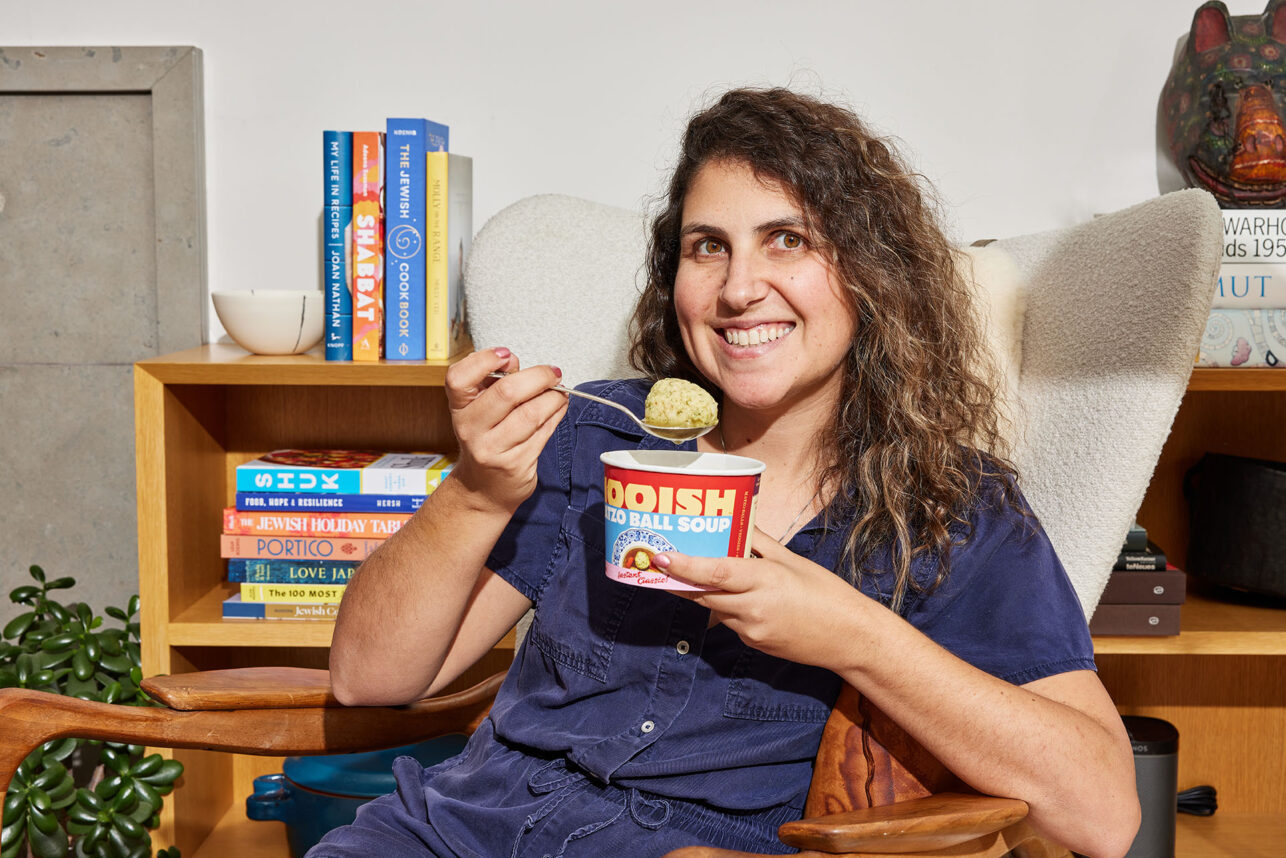


 More news and opinions than at a Shabbat dinner, right in your inbox.
More news and opinions than at a Shabbat dinner, right in your inbox.